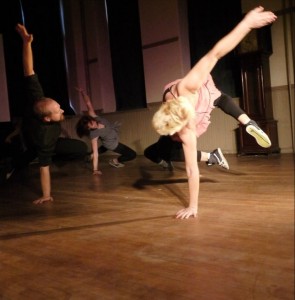While watching the Olympics, my sister asked me: “Do you sometimes wonder if maybe there’s another sport you’d play well if you knew about it? Like trampoline? or judo?” Or we might like biathlons if we had grown up where there are snow and guns. It could turn out then that she had good hand-eye coordination all along.
I think that people pursue careers in much the same way. We generally go into careers we have heard about and know someone in, and we choose a career that we have a little experience in to know that we’d be good at it. So, for those of you who are trying to figure out what your calling is, don’t just sit back and debate the options. Go out and experience new things, take a class in something you know nothing about, talk to people in different jobs, volunteer or do an internship, and fact check. My point isn’t to find some obscure career that you have to move far away to do, but that there are a lot of careers out there that you might like a lot and be very good at, so why limit yourself to the careers you’ve heard about but not so sure you want?






